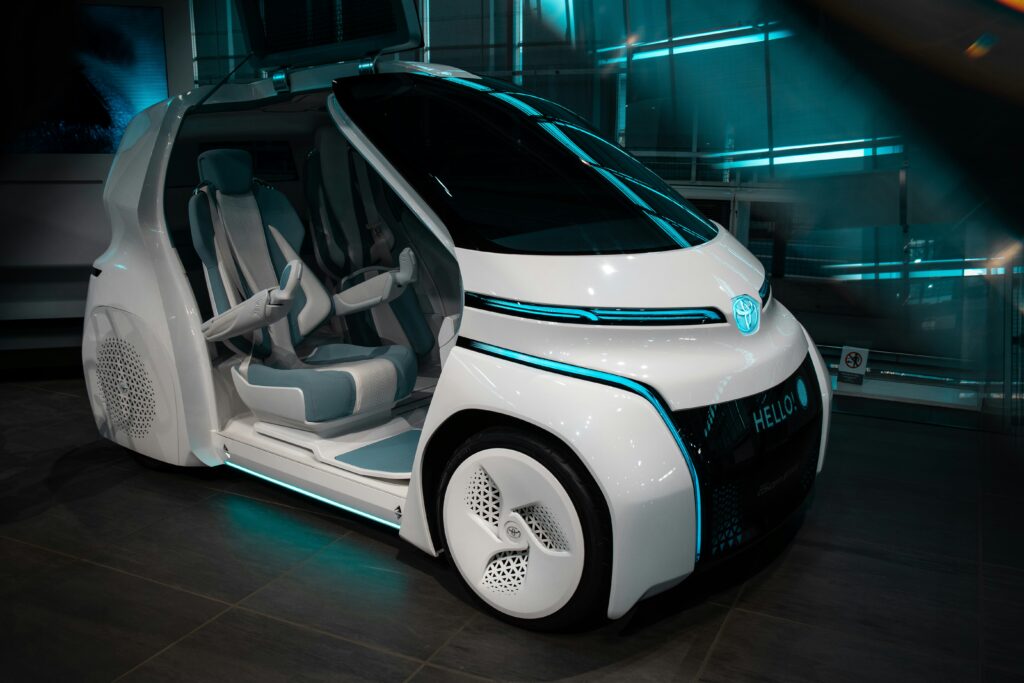Have you ever imagined a world where your car can park itself and come pick you up when you’re ready to leave? Well, that future is closer than you think, thanks to the latest advancements in autonomous vehicle technology.
Autonomous vehicles, also known as self-driving cars, are equipped with sensors, cameras, and artificial intelligence systems that allow them to navigate roads and traffic without human intervention. While the concept may seem like something out of a sci-fi movie, major players in the automotive industry are already investing heavily in this technology.
According to a recent report by Allied Market Research, the global autonomous vehicle market is expected to reach $556.67 billion by 2026, growing at a CAGR of 39.47% from 2019 to 2026. This exponential growth is fueled by the promise of increased safety, efficiency, and convenience that autonomous vehicles can offer.
Elon Musk, CEO of Tesla, believes that self-driving cars will revolutionize the way we travel, stating, “I think it’s going to become quite mainstream and very safe.” However, concerns around data privacy, cybersecurity, and regulatory challenges still loom large.
As we continue to make strides towards a future where autonomous vehicles dominate our roads, it’s crucial to address these challenges and ensure that this technology is developed responsibly and ethically. The potential benefits are undeniable, but we must also consider the broader implications for society as a whole.



